In a stark warning, the Kenya Medical Research Institute (Kemri) has raised the alarm that the world may face a potential future pandemic that may prove to be more devastating than the Covid-19 crisis.
The scientists from the institution have called for urgent and substantial enhancements in laboratory capacity to prepare for and mitigate the impact of such a catastrophic event.
The caution came during the official inauguration of the Third Country Training Programme (TCTP) workshop, which has drawn participants from 14 nations in the Horn and East Africa region, and also commemorated 60 years of health collaboration between Japan and Kenya.
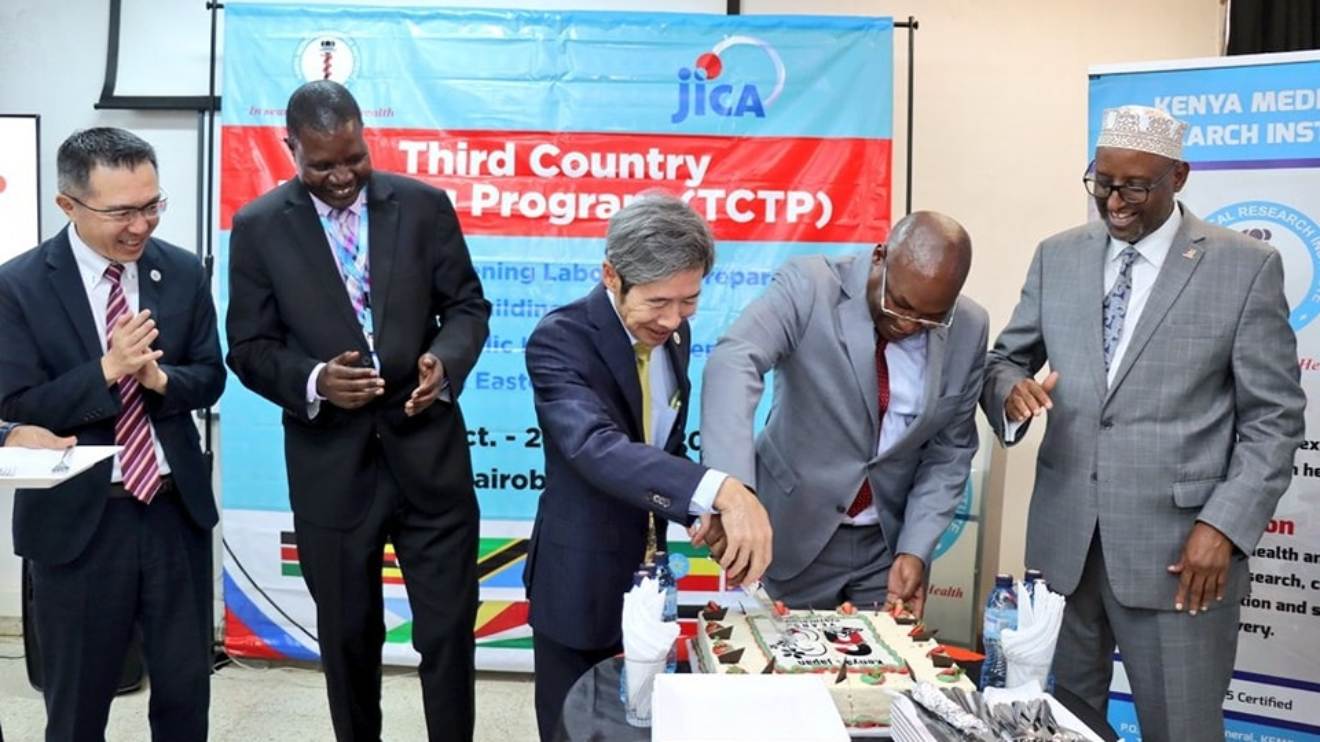
The scientists emphasized the need for proactive measures to counteract the impending threat.
Read More
Expressing the urgency of the situation, the scientists emphasized the importance of preparing essential commodities well in advance.
They stressed that the predicted pandemic may strike sooner than anticipated, underscoring the necessity for swift and meticulous readiness.
Prof. Matilu Mwau, a prominent figure in the scientific community, unequivocally conveyed the gravity of the looming threat, asserting that the impending pandemic could potentially involve DNA, RNA, and related pathogens. Regardless of its nature, it will be a highly contagious agent on an unprecedented scale.
"A pandemic is coming. And preparedness must be a priority for Kemri," Mwau warned.
Furthermore, Prof. Mwau emphasized the need to fortify Kemri and the country's research capabilities and early warning systems.
He urged immediate action to address any procurement challenges that might hinder this vital preparedness.
“If there were procurement issues then it’s important that they are sorted now,” he stated.
Mwau specifically highlighted the concerning frequency of human-animal interactions, particularly those involving wildlife, as a significant area of concern.
Kemri Director-General, Prof. Elijah Songok, underscored the region's susceptibility to a wide range of emerging and re-emerging diseases, including Ebola, Rift Valley Fever, and Multi-Drug Resistant TB.
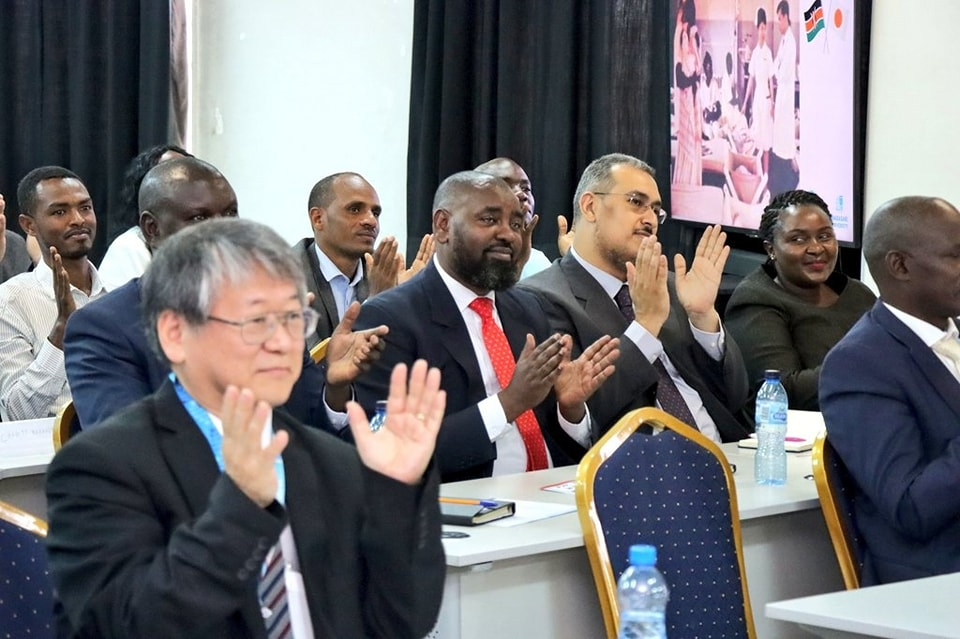
Without the implementation of effective measures, these diseases could lead to widespread devastation and fatalities.
However, Prof. Songok assured that Kemri is actively engaged in multi-agency preparations to respond to such emergencies.
According to Songok, the institute has implemented comprehensive systems for rapid response activation when required, harnessing the extensive research capabilities within its domain.
“However, Kemri is part of the multi-agency team that is always preparing for such eventuality and has now put systems in place for rapid response activation when the need arises,” Songok said.
This collective effort is a critical step toward safeguarding public health in the face of potential future pandemics.

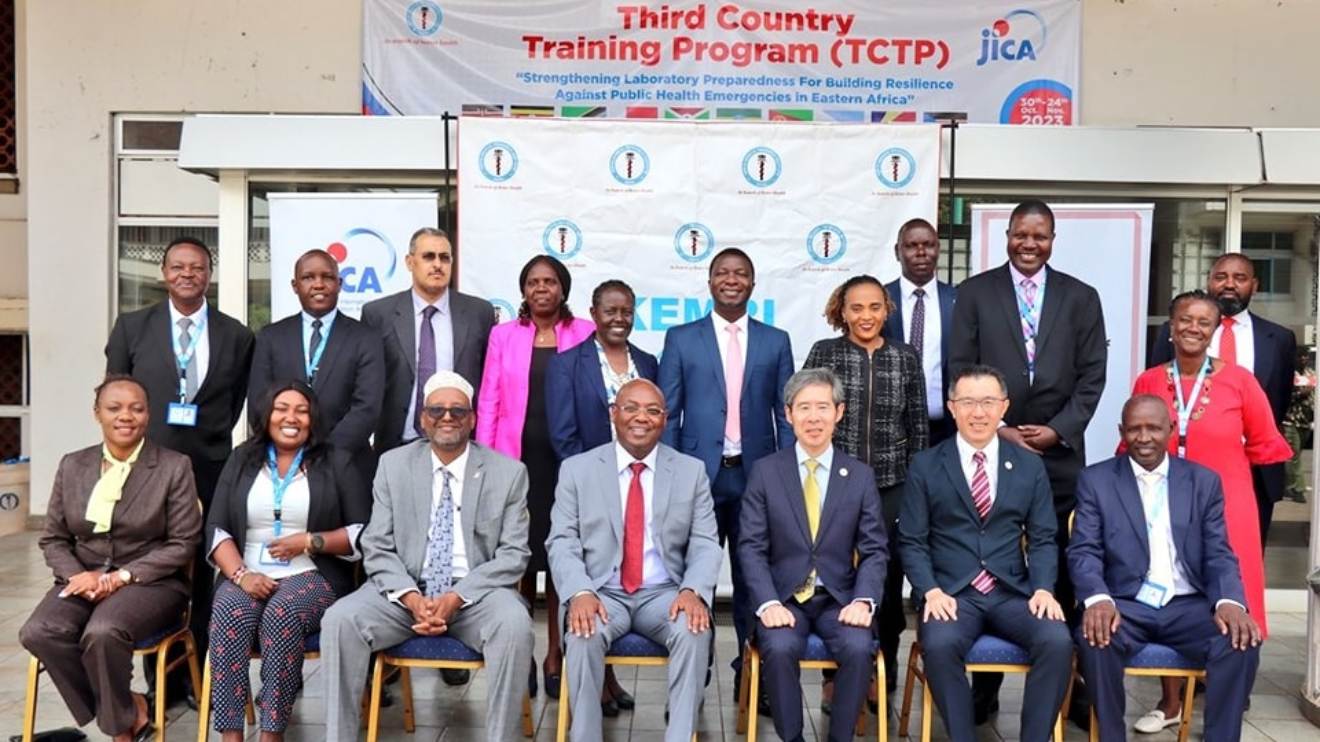
-1731665904.jpg)
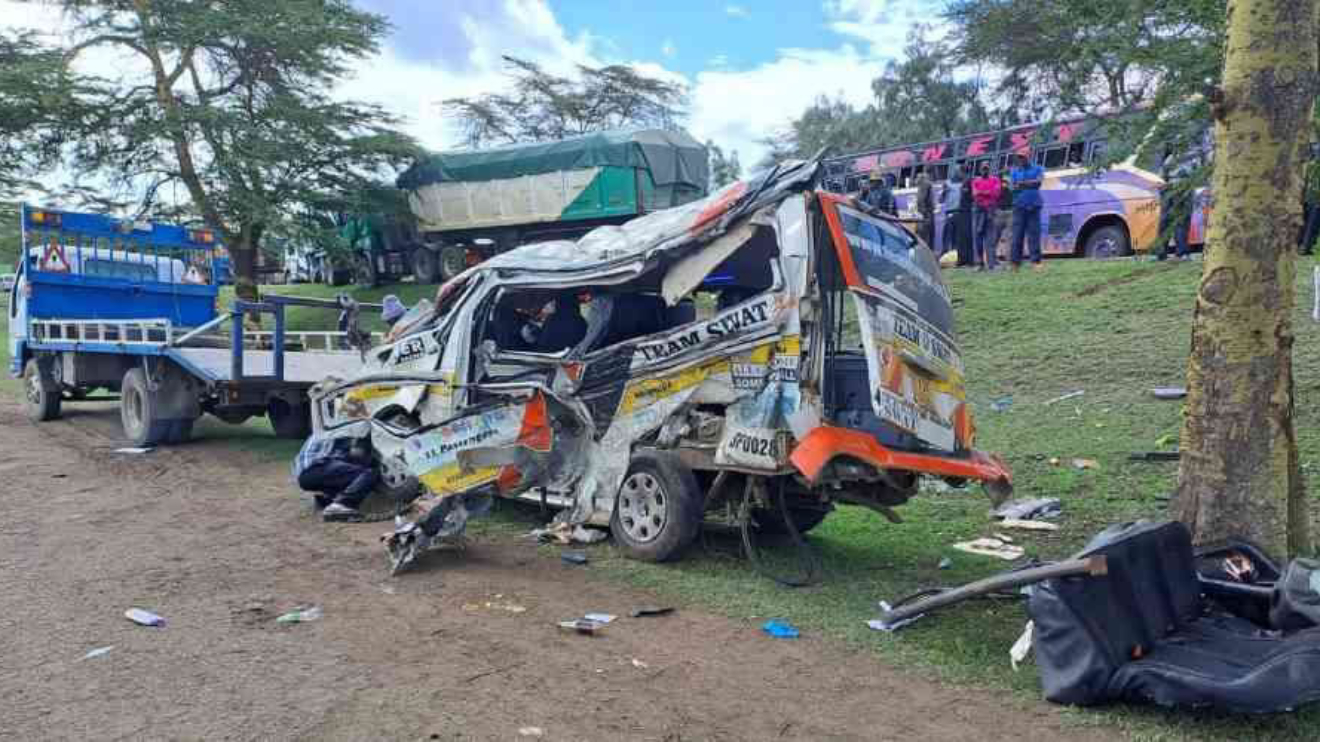

-1731583283.jpg)
-1731566290.jpg)
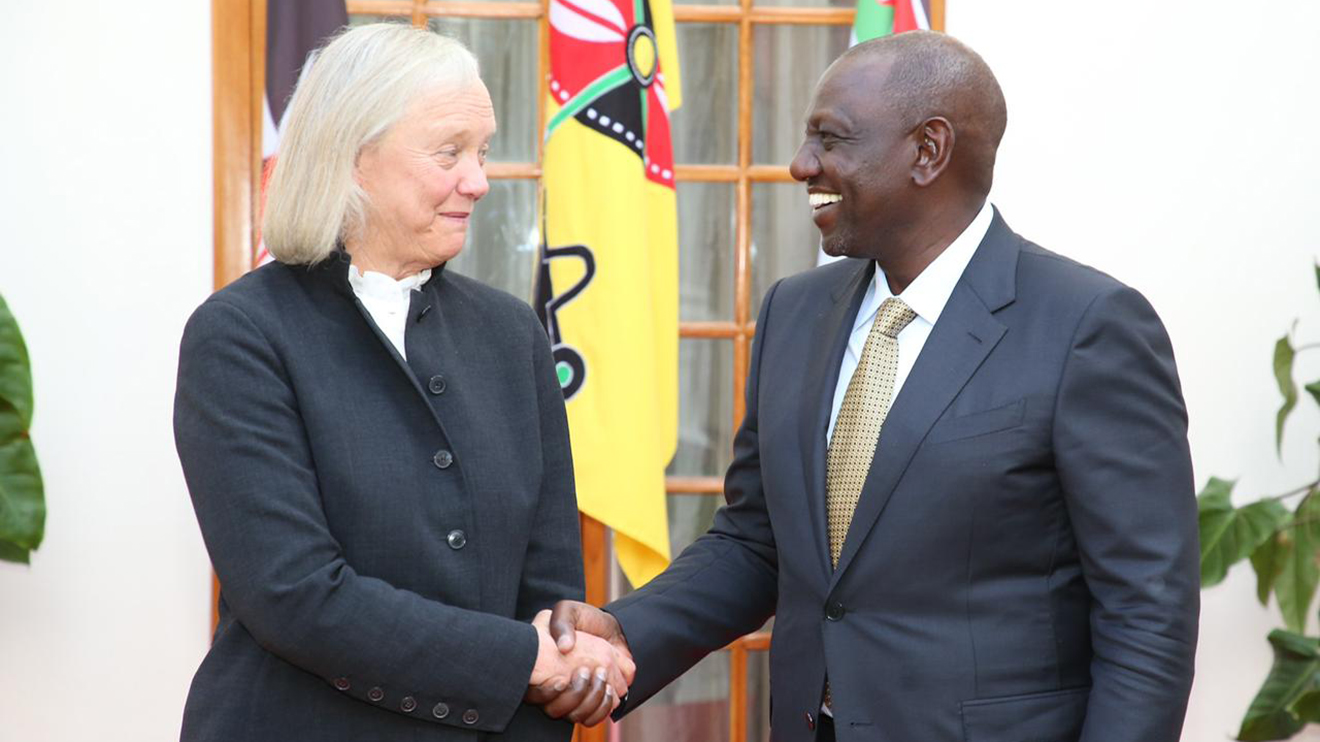

-1731675695.jpg)
